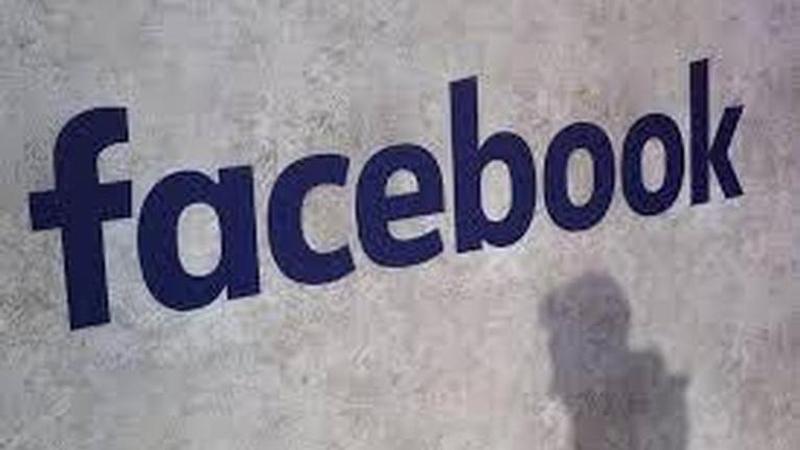Published 05:35 IST, September 4th 2020
Expert says Facebook limit on political ads not enough
Facebook is trying just two months before the U.S. election to better police political misinformation on its platform, a tacit acknowledgement that the social network is rife with falsehoods that could sway the vote.

Facebook is trying just two months before the U.S. election to better police political misinformation on its platform, a tacit acknowledgement that the social network is rife with falsehoods that could sway the vote.
The company said Thursday it will restrict new political ads in the week before the election and remove posts that convey misinformation about COVID-19 and voting. It will also attach links with official results to posts by candidates and campaigns that prematurely declare victory.
Activists hailed the new policies but said the onus will be on Facebook to enforce them. And some experts were skeptical that they'll really make a difference.
Siva Vaidhyanathan, a Facebook expert at the University of Virginia, said the company proved once again its incapacity to effectively snuff out dangerous misinformation last week when it failed to remove postings by right-wing militia organizers urging supporters with rifles to converge on Kenosha, Wisconsin.
"The biggest problem with Facebook is its execution of its policies," he said. "Sometimes its polices are well-meaning. I think we won't know whether it's an effective move until after the election."
Vaidhyanathan says he worries that Facebook is too large to regulate and that he'd rather see a policy where Facebook prevents a campaign from sending different messages to people based on demographics.
"If I have a candidate saying two different things to people in the same area, that's a problem," he says. "That's that's not how democracy is supposed to work."
Facebook and other social media companies are being scrutinized over how they handle misinformation, given problems with President Donald Trump and other candidates posting false information and Russia's ongoing attempts to interfere in U.S. politics.
Facebook has long been criticized for not fact-checking political ads or limiting how they can be targeted at small groups of people.
With the nation divided, and election results potentially taking days or weeks to be finalized, there could be an "increased risk of civil unrest across the country," Zuckerberg said.
Civil rights groups said they directly pitched Zuckerberg and other Facebook executives to make many of the changes announced Thursday.
In July, Trump refused to publicly commit to accepting the results of the upcoming election, as he scoffed at polls that showed him lagging behind Democratic rival Joe Biden. Trump also has made false claims that the increased use of mail-in voting because of the coronavirus pandemic allows for voter fraud. That has raised concern over the willingness of Trump and his supporters to abide by election results.
Under the new measures, Facebook says it will prohibit politicians and campaigns from running new election ads in the week before the election. However, they can still run existing ads and change how they are targeted. And many voters are expected to vote by mail well ahead of Election Day.
Trump campaign spokeswoman Samantha Zager criticized the ban on new political ads, saying it would prevent Trump from defending himself on the platform in the last seven days of the presidential campaign.
Posts with obvious misinformation on voting policies and the coronavirus pandemic will also be removed. Users can only forward articles to a maximum of five others on Messenger, Facebook's messaging app. The company also will work with Reuters to provide official election results and make the information available both on its platform and with push notifications.
After being caught off-guard by Russia's efforts to interfere in the 2016 U.S. presidential election, Facebook, Google, Twitter and other companies put safeguards in place to prevent it from happening again. That includes taking down posts, groups and accounts that engage in "coordinated inauthentic behavior" and strengthening verification procedures for political ads. Last year, Twitter banned political ads altogether.
Zuckerberg said Facebook had removed more than 100 networks worldwide engaging in such interference over the last few years.
Updated 05:35 IST, September 4th 2020




